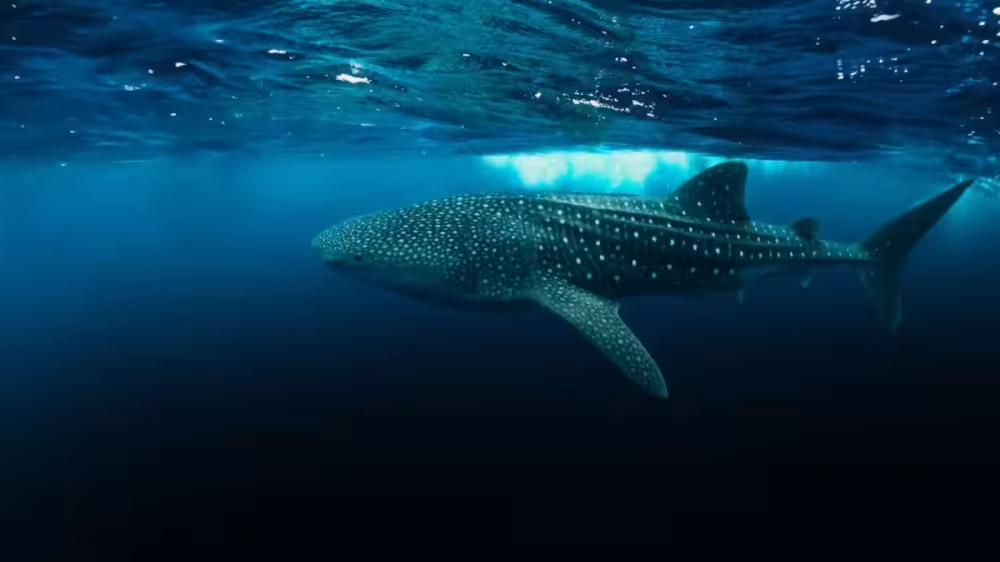In a major move for marine conservation, the Maldives Government is introducing a new regulation requiring propeller guards on excursion vessels. This initiative aims to protect the Whale Shark (Fehurihi) population, reinforcing the country’s commitment to preserving its marine life and enhancing sustainable tourism.
Minister of Climate Change, Environment, and Energy, Mr. Thoriq Ibrahim, highlighted the growing need for this policy, noting that sometimes over 100 tourists follow a single whale shark, often with no specific regulations in place. “Even speedboats enter these areas, causing potential risks,” he said, emphasizing that the new regulation will be enforced in the next three months. Special speedboats will be deployed in whale shark habitats to monitor and manage vessel activities in these sensitive areas.
The propeller guard mandate will extend beyond the South Ari Marine Park (SAMPA), which is globally renowned for year-round whale shark sightings. The protocol will cover other areas where whale sharks are found, further ensuring the safety of these majestic creatures and the people who interact with them.
CEO & Managing Director of Visit Maldives, Ibrahim Shiuree, expressed that this new regulation is a significant step towards safeguarding both the whale sharks and the tourists who admire them. He stressed that this policy highlights the country’s commitment to sustainable tourism practices and the preservation of its marine environment.
The government has previously introduced a legal framework to protect whale sharks and their natural habitat. This includes guidelines for interacting with these creatures and protocols for managing situations where a whale shark is injured or in distress. One key element of this framework is the establishment of a 250-meter contact zone around each whale shark, where only three vessels are allowed to operate at a time. Within these zones, vessels must not exceed speeds of 5 knots, and when in close proximity to a whale shark, they must reduce their speed to no more than 2 knots.
Through the implementation of these stringent measures, the Maldives continues to set an example for marine conservation, ensuring that future generations can continue to experience the awe of whale sharks while maintaining a healthy ecosystem. The new regulations will not only enhance the tourist experience but also protect the vital habitats of these gentle giants.



